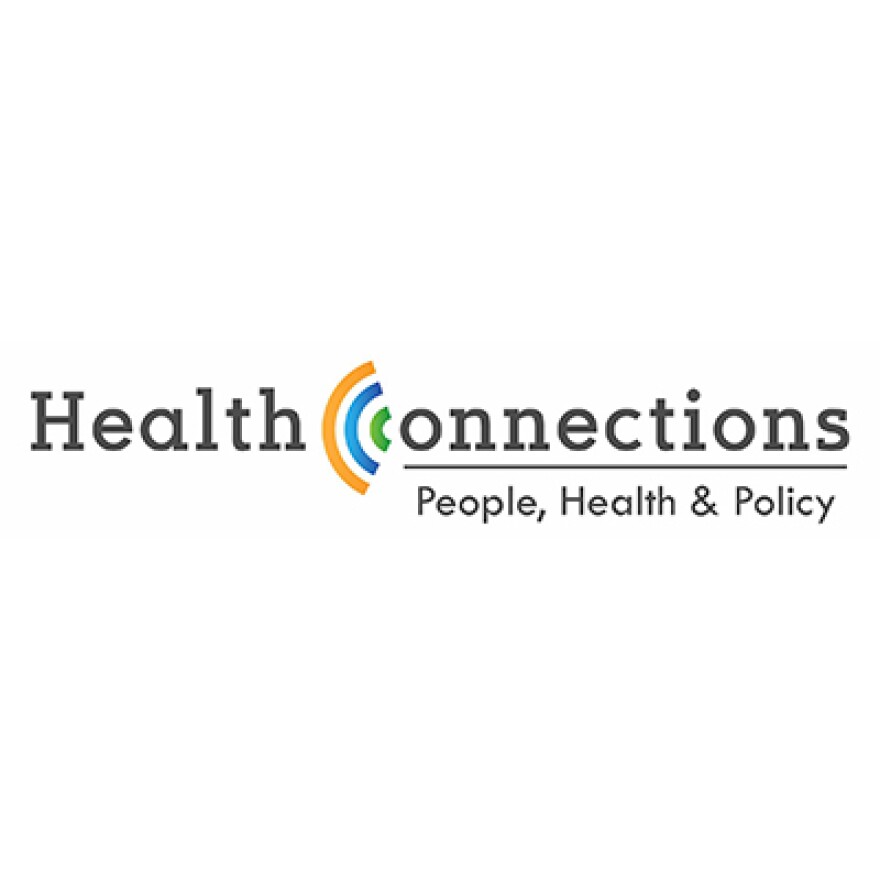WUOT’s Carole Myers: Good to see you, Senator Briggs. I'm glad to be here. An old saying is apropos for today, there's good news and there's bad news. Let's start with a major challenge Tennessee is facing, and that is maternal mortality. How does Tennessee compare to other states? And what are the major trends?
Richard Briggs: Well, you're correct, Dr. Myers, that Tennessee does not compare well with the other states. And the second piece of bad news is that since 2019 we've almost doubled the number of mortalities that we've had on pregnant women. And one of the figures that really struck me is that every five days, two women who are pregnant are dying, either during their pregnancy or after childbirth. And I think that's just totally unacceptable, and it's shocking to see a statistic like that, and it seems to be getting worse every year.
So how could the Tennessee General Assembly help to improve these outcomes? And I'm assuming Senator Briggs that a large number of these deaths are preventable.
Actually, 80% of those deaths are preventable. The number one reason that pregnant women are dying is related to drug overdose and mental health reasons. Obviously, those are preventable deaths, something else that the public may not be aware of. But pregnant women are especially susceptible to having fatal complications if they develop COVID. That could be either mitigated with a COVID vaccination or maybe eliminated entirely. So, what we really need to focus on is trying to reduce those 80% of deaths that we can do something about. Of those that actually occur during childbirth 80% of those are related to hemorrhage, and there's either certain things that we can do or things that we can give additional training, particularly in the small hospitals. So if we do have a woman after childbirth that is hemorrhaging, that there is a planned response to that.
Well, how about some good news? How are things going with efforts to reduce drug overdose deaths in Tennessee, another place where we're not in the position where we want to be. Are we making progress?
You're absolutely correct. First of all, that we're not exactly where we want to be. But the good news is, after over a decade of bad news, with every year increasing, increasing, increasing deaths from opiate overdoses. We finally are starting to see, both nationally and in Tennessee, that rate start to fall. We actually had a 17% drop in death overdoses in Tennessee this past year.
Any other news you want to share with our listeners?
Well, I think we may have some more good news, and that deals with mental health. As you know, mental health is one of the biggest challenges that we face, particularly here in East Tennessee. Lakeshore hospital closed in 2011 and since then, our seriously mentally ill patients that need to be hospitalized have to go to Moccasin Bend down in Chattanooga. It's been a big expense to the county. Senator Becky Massey and I, along with Lieutenant Governor McNally, met with Governor Lee last week to discuss a study that was done by the Department of Mental Health that indicated we needed 50 inpatient beds now in East Tennessee, and particularly in the Knoxville area, and we really, by the year 2050, are going to need close to 100 beds. My impression was this information was received in a very positive manner by Governor Lee. We were also asking for money as a band aid. Until then, over at the old St Mary's, Helen Ross McNabb has now opened a 24 hour acute psychiatric unit, but on the upstairs part of that, we may be able to put somewhere between 12 and 25 or 30 inpatient beds that would help relieve part of that, but we still have an urgent need of hospital beds for those who are very, very seriously ill and suffering from a crisis.
This transcript has been lightly edited for content.




